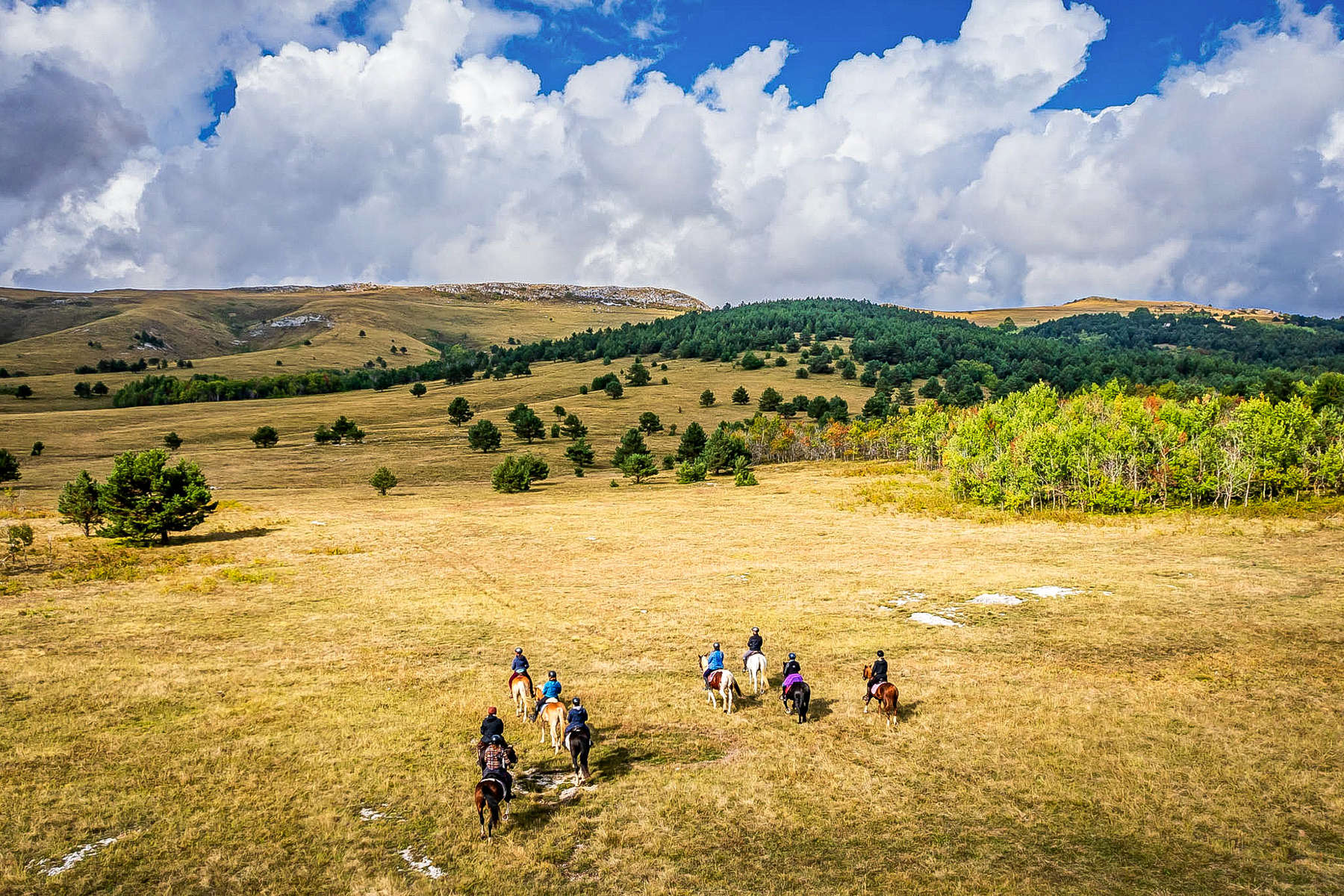Our guidelines for responsible tourism
Since 2005, Christophe Leservoisier, owner of Equus Journeys has been a founding member of French label Agir pour un Tourisme Responsable (ATR) and the creator of the Traveller’s Ethical Charter in 1997. He is a long-time advocate for sustainable tourism, joined in his ambitions by the rest of the Equus team.
Travelling responsibly: discovery and respect
Embarking on a new adventure to an unfamiliar destination can be both an exciting and humbling experience. Travel involves a certain amount of preparation—learning about your destination beforehand and living the journey with curiosity, respect, and a sense of openness.
Here are our key practices towards a more sustainable way of travelling the world (on horseback, but not only!)
- Learn about the local population, their way of life, heritage, religion, environment, and economy. Learning a few words in the local language goes a long way!
- As much as possible, choose professionals committed to responsible tourism: travel agencies, operators, airlines, guides, activities, accommodations, and restaurants.
- Stay critical and informed about risks in the destination without being overly influenced by sensational media reports.
- Respect local customs and lifestyles without imposing your own habits, particularly in dressing modestly in religious places and avoiding displays of wealth that might contrast with local living standards. Explore local cuisine and embrace authentic accommodations.
- Ask permission before photographing individuals, especially children, and use this as an opportunity to engage with them.
Leaving only footprints (hoofprints?!) behind
The natural landscapes we traverse, the cultural treasures we admire, and the people we meet are only temporarily part of our lives. We must be conscious of respecting the host country’s environment.
Best practices for minimal impact:
- Pack lightly and leave space to bring back locally made souvenirs. Be mindful of fair bargaining practices and tipping.
- Recycle, conserve water and energy, and follow rules in natural spaces to preserve their balance. Do not remove natural or archaeological souvenirs, nor be tempted to purchase sacred artifacts or items from protected species.
- Support local economies through thoughtful donations to schools or associations rather than encouraging child begging.
“Let our footsteps be the only marks we leave behind, creating cherished memories for our hosts.” – Traveler’s Ethical Charter, 1996
Returning home: sharing memories and commitments
Travelling is a way to enrich our minds with memories and helps us grow, but its impact doesn’t end upon returning home. It’s an opportunity to share your adventures and knowledge.
- Honor commitments made during your journey, such as sending photos to people you met.
- Report serious issues to us as your travel agency or other travel partners, or in extreme cases to appropriate authorities.
- Try and offset travel-related emissions, particularly from flights, by contributing to climate solidarity projects.
- Support local initiatives through donations, volunteering with NGOs, or purchasing fair-trade products.
- Share your travel experiences to highlight the planet’s riches and fragilities, inspiring others to travel responsibly.
- Plan your next trip with an understanding of tourism’s cultural, economic, and environmental virtues. Tourism gives value to heritage and encourages its protection.
“We do not inherit the Earth from our ancestors; we borrow it from our children.” – Native American Proverb, quoted by Antoine de Saint-Exupéry
Discover the Rider Traveller’s Charter.

